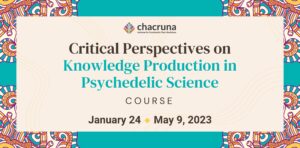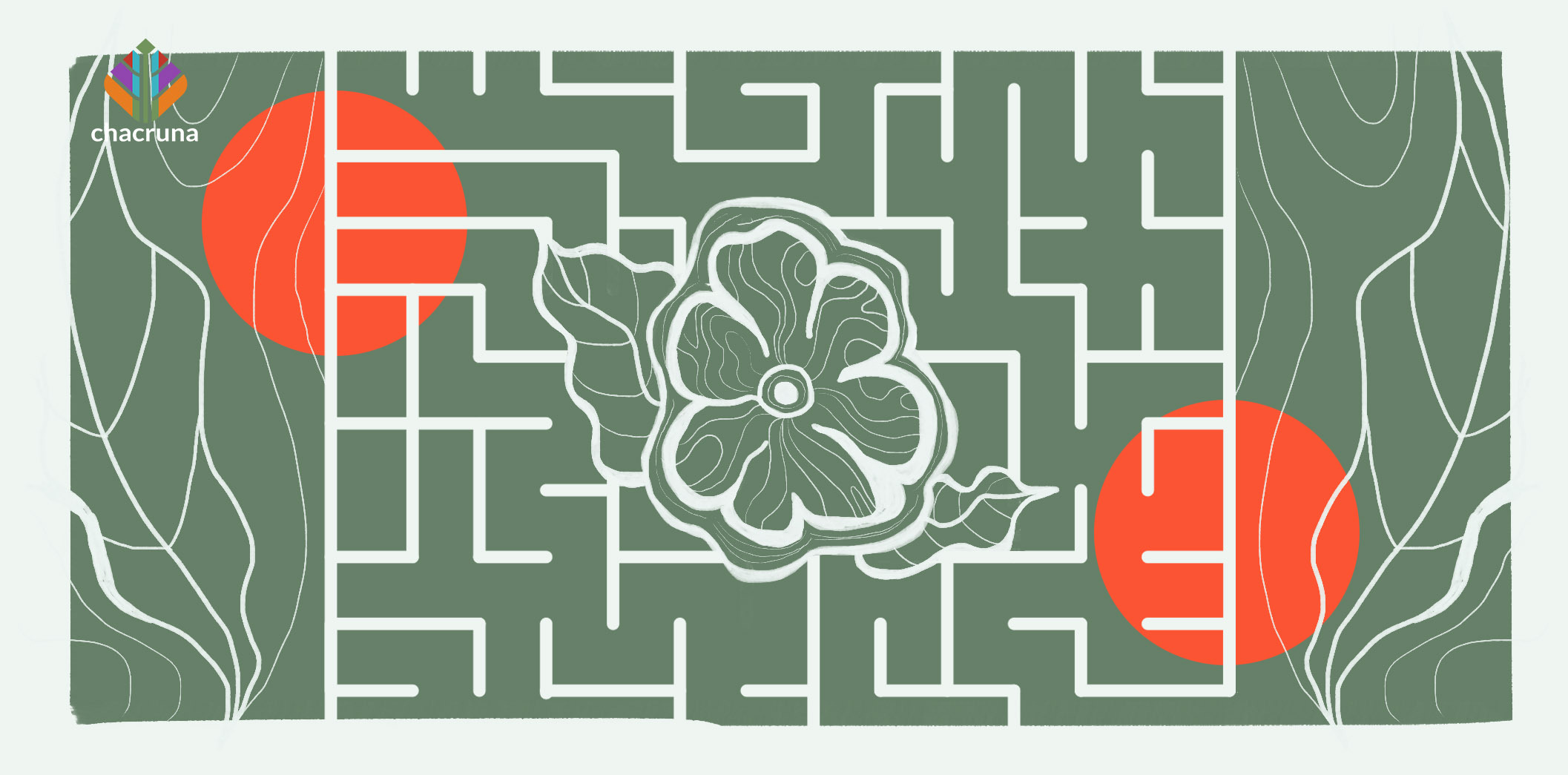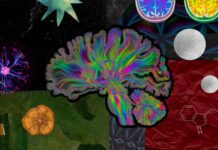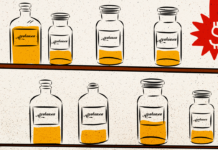- Meet Chacruna at Psychedelic Science 2025 - May 27, 2025
- Psychedelics and Attachment: Fundamentals, Implications, and New Frontiers - May 16, 2025
- Development Outreach Internship (OPEN) - May 6, 2025
Chacruna Institute for Psychedelic Plant Medicines has published a new article, “A Call for Public Support Against the Current Demonization of Ayahuasca Practices in Spain,” standing in solidarity with 110 thought leaders around the world – including academic researchers, therapists, scholars, educators, and attorneys – in support of ayahuasca groups in Spain, as well as Europe in general. Together, they call for a serious discussion and the reconsideration of ayahuasca’s status in Spain, where its use has been increasingly repressed, and they urge authorities to respect the religious freedoms of ayahuasca groups.
These groups face a backlash that includes increasing persecution, campaigns of misinformation, arrests, and ill-informed bans on the psychoactive plant, which is consumed during Indigenous, religious, and neoshamanic practices, as well as in therapeutic circles.

Chacruna’s article – and the corresponding call for support and dialogue – comes at a critical moment. Ayahuasca churches have some legal protection in the United States, Canada, Brazil, Colombia, and Peru. Ayahuasca is also protected as a national cultural heritage in Peru, where, like other South American countries, it has been part of traditional Indigenous practices for centuries.
Researchers now have years of accumulated knowledge from these and other countries establishing ayahuasca’s safety in controlled environments with experienced guidance. They have also shown its promise for certain treatment-resistant diagnoses, such as depression, drug addiction, PTSD, and anxiety. Alongside research findings, successful public policy models have simultaneously been developed that can be adapted to a variety of sociocultural contexts.
“This is an issue of human rights, religious freedom, and the protection of the rights of minorities and traditional populations.”
Henrique Antunes, PhD, member of Chacruna Institute’s Ayahuasca Community Committee
“This is an issue of human rights, religious freedom, and the protection of the rights of minorities and traditional populations,” says Henrique Antunes, PhD, member of Chacruna Institute’s Ayahuasca Community Committee. “There are a number of examples where the use of ayahuasca has been successfully regulated. This proves that it is possible to find ways to recognize and guarantee the rights of ayahuasca groups and Indigenous populations.”
The “psychedelic renaissance” has transformed the way people around the world think about psychoactive plants, widely inspiring excitement for researchers, hope for psychedelic medicine and psychedelic-assisted therapy, and economic promise as more businesses enter ayahuasca circuits. It has also sparked awareness and generated debates about vibrant religious practices that originated with ethnic minority groups in the global South.
However, Spain, along with several other European countries including Italy and France, has adopted a draconian, prohibitionist paradigm that flies in the face of evidence. By prohibiting religious groups from drinking ayahuasca, authorities not only punish the use of the beverage, but also the groups themselves, which, due to sensationalistic, misinformed reports, are considered dangerous sects rather than legitimate religious practices. This perspective reveals a complete lack of anthropological sensitivity, as well as a serious Eurocentric prejudice against other cultures.
“The criminalization of ayahuasca and the persecution of ayahuasca groups in Europe is an alarming situation. Besides the backlash suffered in the Netherlands, repression in countries like France, Italy, and Spain is growing substantially.”
Bia Labate, PhD, Chacruna’s Institute Executive Director
Bia Labate, PhD, Chacruna’s Institute Executive Director, shares that “the criminalization of ayahuasca and the persecution of ayahuasca groups in Europe is an alarming situation. Besides the backlash suffered in the Netherlands, repression in countries like France, Italy, and Spain is growing substantially.” We are hopeful that addressing the topic head-on will not only create meaningful change in Spain, but will catalyze international discussions about ayahuasca and religious freedom as these practices face increasing stigmatization.
To read Chacruna’s article, click HERE.
Read a translated version of the article in Portuguese by the Brazilian newspaper Folha de São Paulo HERE.
To sign the petition, fill out THIS FORM.
To support legal efforts in Spain promoted by the activist organization Plantaforma, donate HERE.
About Chacruna Institute
The Chacruna Institute for Psychedelic Plant Medicines, is a 501(c)(3) non-profit organization co-founded by Brazilian anthropologist Dr. Bia Labate and American psychologist Dr. Clancy Cavnar, based in Northern California and with strong ties to Brazil and Mexico. We promote reciprocity in the psychedelic community, and support the protection of sacred plants and cultural traditions. We advance psychedelic justice through curating critical conversations and uplifting the voices of women, queer people, Indigenous peoples, people of color, and the Global South in the field of psychedelic science.
Contact Information
Lorien Chavez
Chacruna Institute
[email protected]
415-390-6157
Art by Karina Alvarez.

Join us for our “Critical Perspectives on Knowledge Production in Psychedelic Science” course.
Take a minute to browse our stock:
Did you enjoy reading this article?
Please support Chacruna's work by donating to us. We are an independent organization and we offer free education and advocacy for psychedelic plant medicines. We are a team of dedicated volunteers!
Can you help Chacruna advance cultural understanding around these substances?














